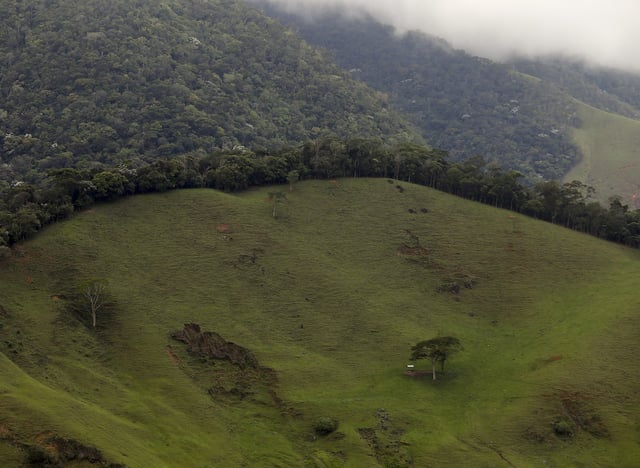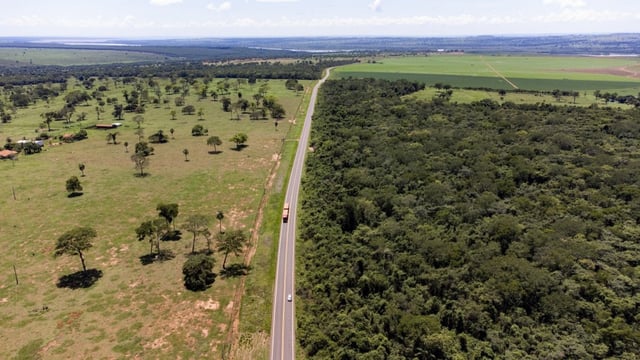Overview
- Environment Commissioner Jessika Roswall said the EU’s monitoring platform cannot yet handle the data volume required, warning that launching now could disrupt supply chains.
- Under the proposal, large companies would face obligations from the end of 2026, with small and medium-sized firms given until June 30, 2027.
- The regulation targets beef, palm oil, cocoa, coffee, soy, wood and rubber, banning sales linked to land cleared after December 2020 and requiring supplier geolocation combined with satellite verification.
- The delay requires sign-off from EU member states and the European Parliament before taking effect.
- Environmental groups condemned the move as a setback, while some governments and industry sought more time; the announcement closely followed an Indonesia trade agreement that the Commission said was unrelated.

